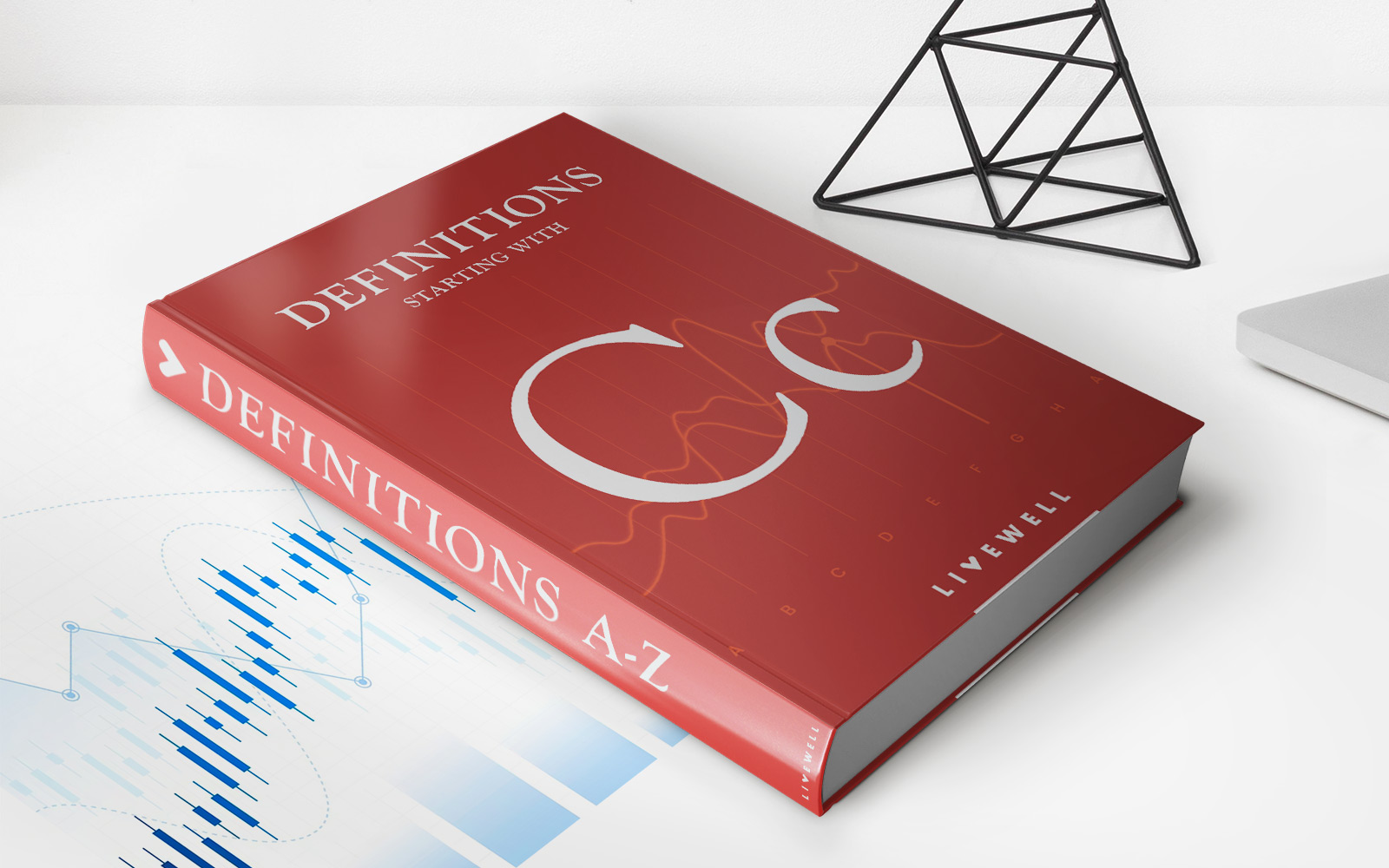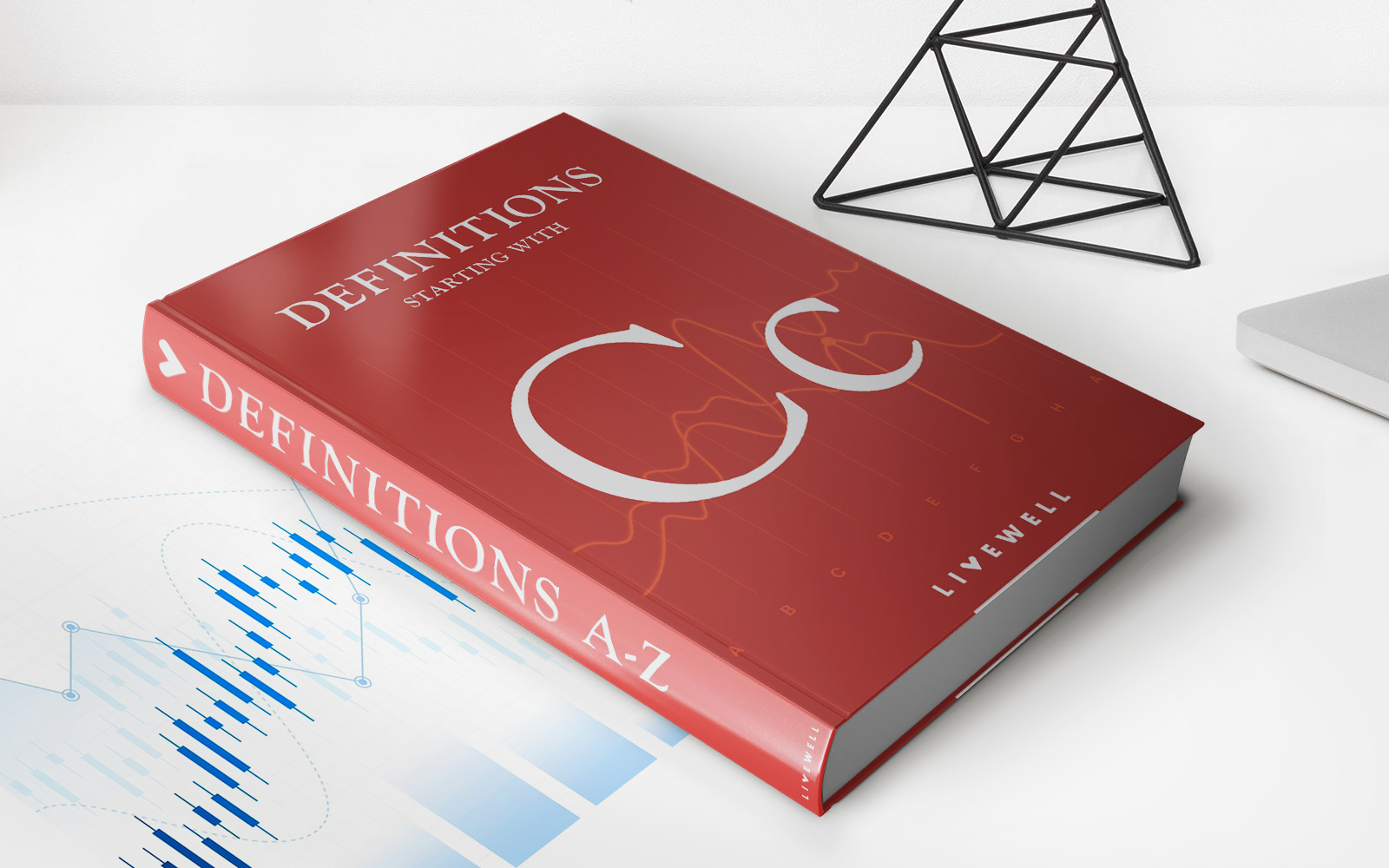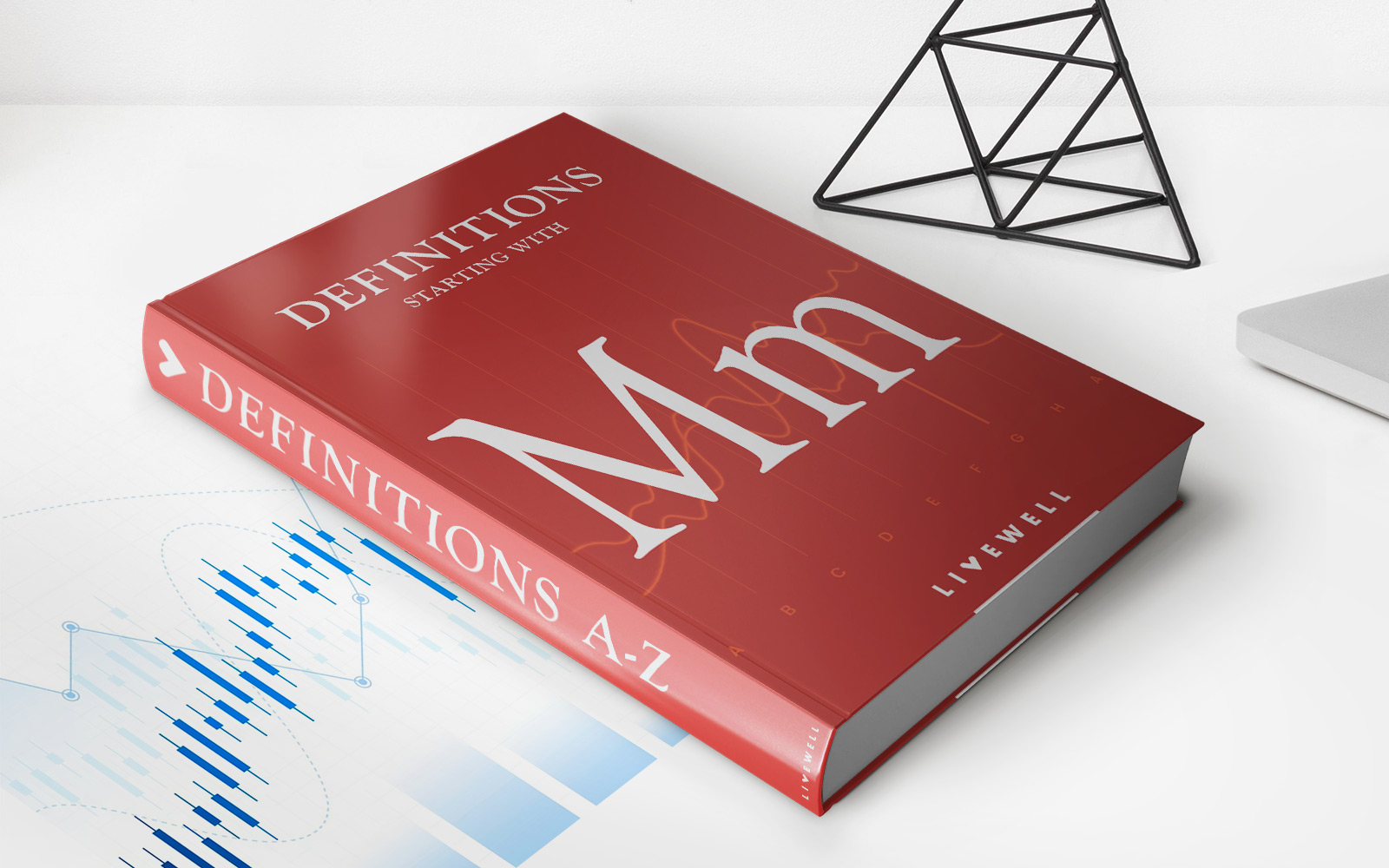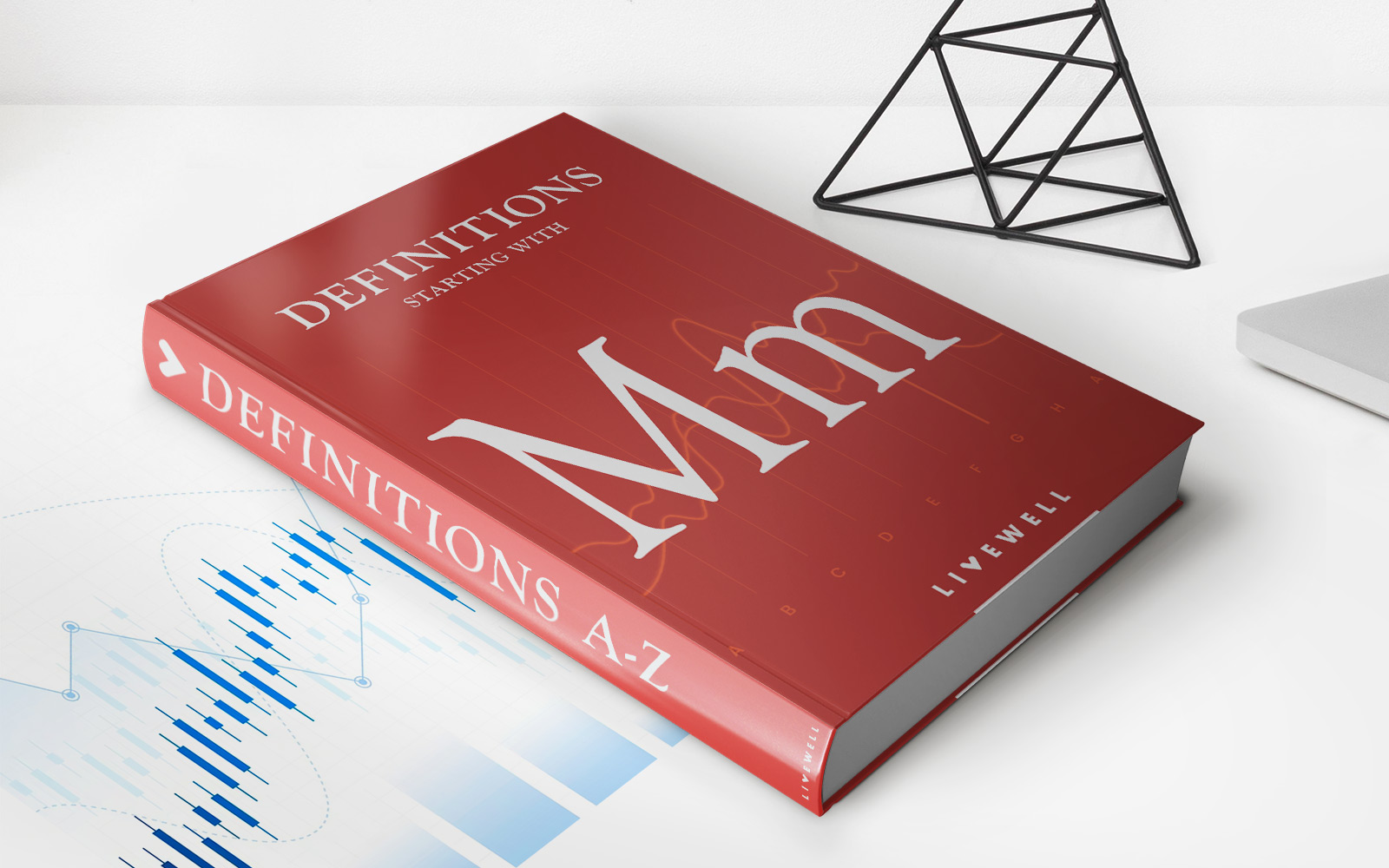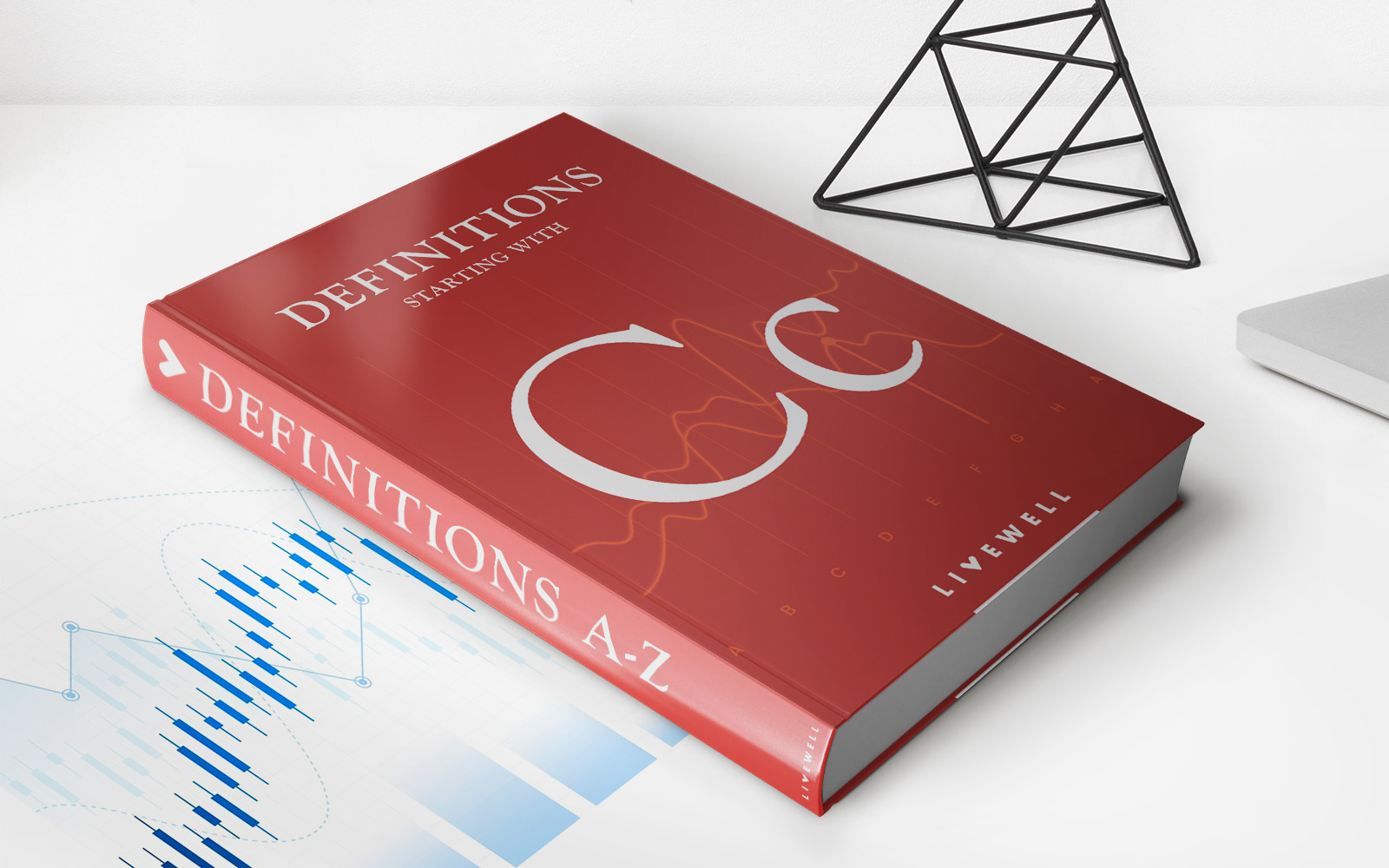Home>Finance>What Are Index Futures? Definition, Types, And How To Profit


Finance
What Are Index Futures? Definition, Types, And How To Profit
Published: December 8, 2023
Discover what index futures are, their various types, and how to profit from them in the world of finance.
(Many of the links in this article redirect to a specific reviewed product. Your purchase of these products through affiliate links helps to generate commission for LiveWell, at no extra cost. Learn more)
What Are Index Futures? Definition, Types, and How to Profit
Welcome to the “Finance” category of our blog! In today’s post, we will dive into the world of index futures. Whether you’re an experienced investor or just starting out, understanding index futures is essential to navigate the dynamic and ever-changing financial markets. So, let’s explore what index futures are, the different types, and how you can potentially profit from them.
Key Takeaways:
- Index futures are financial contracts that allow investors to speculate on the future value of an underlying stock index.
- They serve as an important tool to manage risk and gain exposure to the overall direction of the market.
What are Index Futures?
To put it simply, index futures are financial contracts that enable investors to speculate on the future value of a specific stock index. These contracts are standardized agreements to buy or sell the underlying index at a predetermined date and price. However, it is important to note that index futures are different from stock futures, as they are based on the value of a stock market index rather than individual stocks.
Index futures serve as a valuable tool for investors looking to manage risk and gain exposure to the overall direction of the market. They offer an opportunity to profit from the movement of the index without owning the actual stocks that make up the index.
Types of Index Futures
There are various types of index futures available in the market. Some of the most commonly traded index futures include:
- S&P 500 Futures: These futures contracts are based on the performance of the Standard & Poor’s 500 Index, which tracks the performance of 500 large-cap U.S. stocks. S&P 500 futures are popular among investors due to the broad representation of the U.S. stock market.
- NASDAQ 100 Futures: NASDAQ 100 futures track the performance of the top 100 non-financial stocks listed on the NASDAQ stock exchange. These futures contracts provide exposure to the technology-heavy companies listed on NASDAQ.
- Dow Jones Industrial Average (DJIA) Futures: DJIA futures allow investors to speculate on the performance of 30 large, publicly-traded companies in the United States. The DJIA is a widely recognized benchmark index for the U.S. stock market.
How to Profit from Index Futures
Now that we understand what index futures are and the types available, let’s explore how you can potentially profit from them. Here are a few strategies commonly used by investors:
- Hedging: Index futures can serve as an effective hedging tool for portfolio managers. By taking a short position in index futures, investors can offset potential losses in their stock portfolio if the market falls.
- Speculation: Traders can speculate on the future direction of the market by taking long or short positions in index futures. If they correctly predict the movement of the index, they can profit from their positions.
- Index Arbitrage: This strategy involves profiting from price discrepancies between the futures contract and the underlying index. Traders can take advantage of these price differences by simultaneously buying or selling index futures and the underlying stocks in the index.
It is important to note that trading index futures involves risks, and careful research, analysis, and risk management are essential for success. If you are new to index futures, it is advisable to seek guidance from a qualified financial advisor or professional.
So, whether you want to hedge your portfolio, speculate on market movements, or explore index arbitrage opportunities, index futures can be a powerful tool in your arsenal. Stay informed, analyze market trends, and always have a well-defined strategy to make informed investment decisions in the world of index futures.

